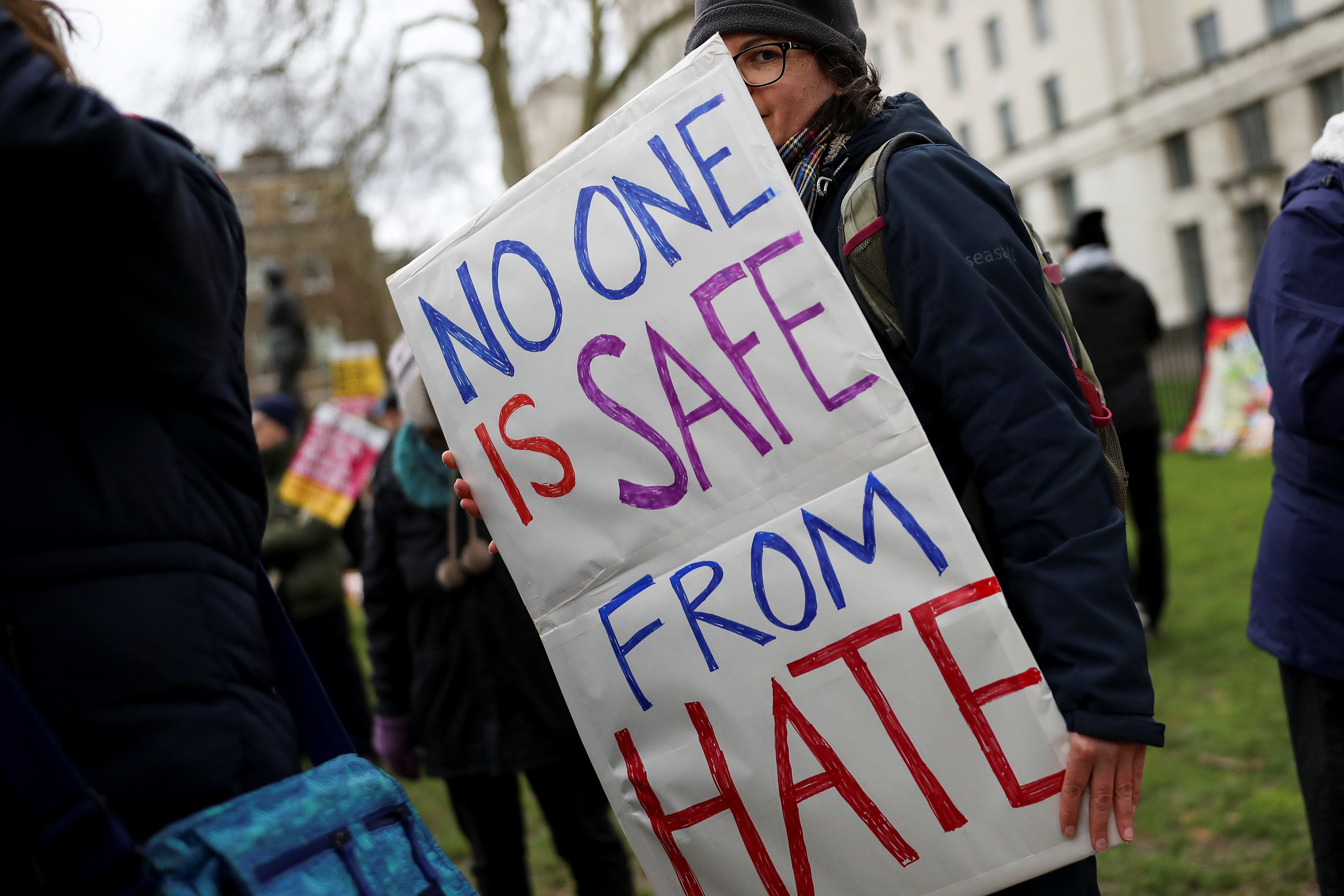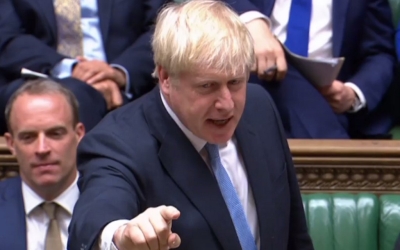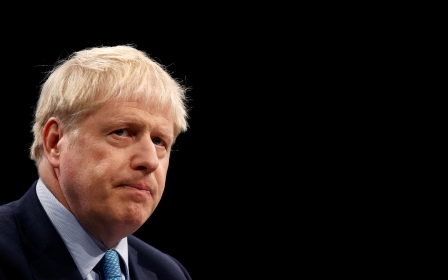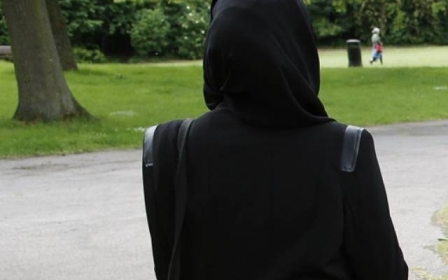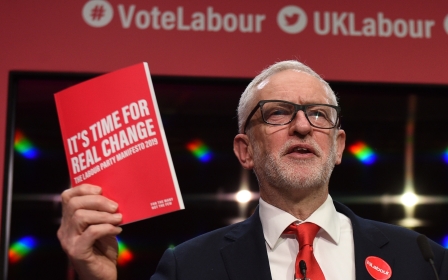A Tory victory would be a disaster for British Muslims

British Muslims throughout the country are nervously bracing themselves for the possibility of a Conservative government returning to power after the 12 December election.
Their fears aren’t solely based on past history, but rather on the clear and present danger currently posed by the Tories, as evidenced by everything from their racist election campaigning to the pledges in their manifesto. The overwhelming anxiety felt by British Muslims is palpable.
Mounting evidence of Islamophobia
While the Labour Party has faced allegations of antisemitism, it has repeatedly stated its firm and unstinting commitment to actively deal with any issues by suspending high-profile figures and cooperating with an investigation led by the Equality and Human Rights Commission.
This is in stark contrast to the Tories, who are yet to accept that there even is a problem of Islamophobia within the party, despite mounting evidence to the contrary. From reactive measures when the media has forced the party’s hand to recognise the racists in their midst, to problematic members being quietly reinstated, the Tory attitude towards and action on Islamophobia has fallen woefully short of its own code of conduct, let alone the expectations of British Muslims.
New MEE newsletter: Jerusalem Dispatch
Sign up to get the latest insights and analysis on Israel-Palestine, alongside Turkey Unpacked and other MEE newsletters
No party is without fault, but for British Muslims, the future threat from the Conservatives is clear
What does this mean for British Muslims, like me, who have repeatedly called for an independent inquiry into Islamophobia in the Conservative Party - yet been ignored and had their concerns denied?
This is a party that refuses to adopt the recommended definition of Islamophobia or to engage with Muslim groups, has a leader who has singled out and attacked Muslim women, and will readily readmit people who have actively endorsed Islamophobic tropes.
Dividing London communities
This is a party that ran a mayoral campaign in the capital anchored in the worst manifestations of Islamophobia that we have seen in recent years. Not only did the Tories argue that Sadiq Khan was not fit for office, but they aimed to divide London communities by pitting Indian Hindu voters against Pakistani Muslim voters, and invented claims about links to “terrorism and extremists” while themselves hosting anti-Muslim extremists in Parliament.
This is a party where more than half of its members believe Islam is a threat to “the British way of life”, whose ministers have authored Islamophobic books, and whose councillors post and share far-right material.
If we heed the call to vote with our “conscience”, how can any of us vote for the Conservative Party, whose manifesto claims to protect freedom of speech - yet won’t proceed with the second stage of the Leveson inquiry into press standards, and at the same time, will ban boycott, divestment and sanctions (BDS) campaigns?
Surely voting with our moral conscience means not supporting a party that will normalise the occupation and annexation of the West Bank and the humiliation of Palestinians? Surely voting with our moral conscience means not supporting a manifesto that fails to address racial inequalities, even after former Tory Prime Minister Theresa May launched a “race disparity audit”?
Dark path
While past events concerning the Labour Party have caused considerable anxiety for some, the Tory manifesto lays out a dark path for the future. No party is without fault, but for British Muslims, the future threat from the Conservatives is clear.
The soul of our nation had been struggling before Brexit, and most Muslims look upon the prospect of a Tory victory with dread and dismay. Muslims should indeed vote with their conscience, but they should not whitewash a Tory agenda.
The Conservatives have put racism and Islamophobia at the heart of the election campaign, and my conscience knows exactly what to make of that.
The views expressed in this article belong to the author and do not necessarily reflect the editorial policy of Middle East Eye.
Middle East Eye delivers independent and unrivalled coverage and analysis of the Middle East, North Africa and beyond. To learn more about republishing this content and the associated fees, please fill out this form. More about MEE can be found here.



